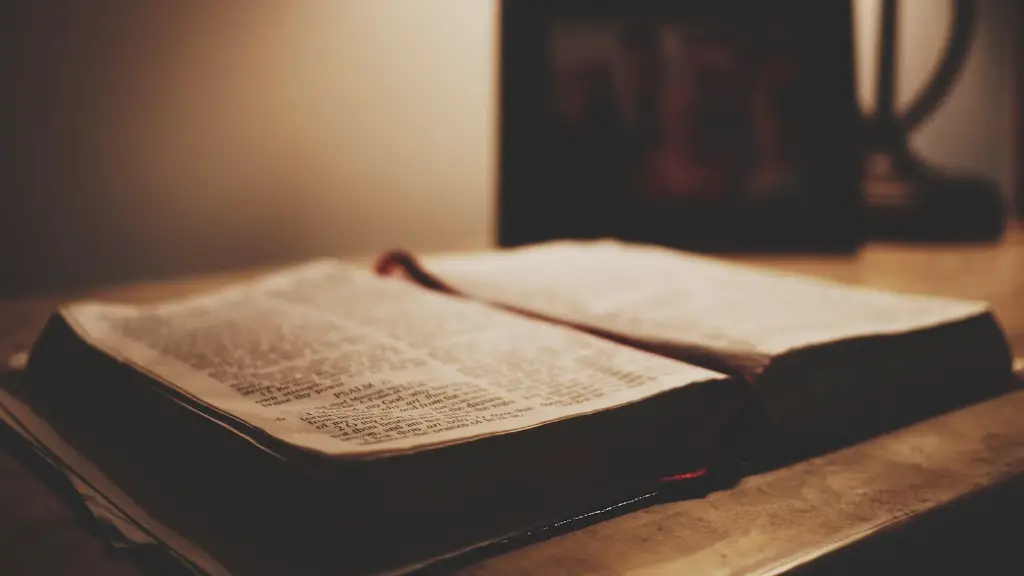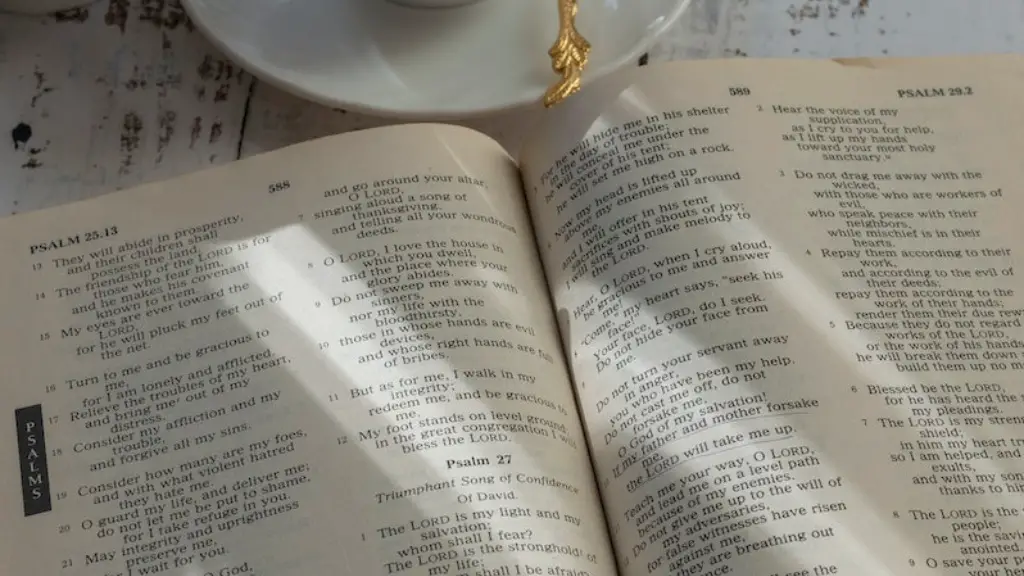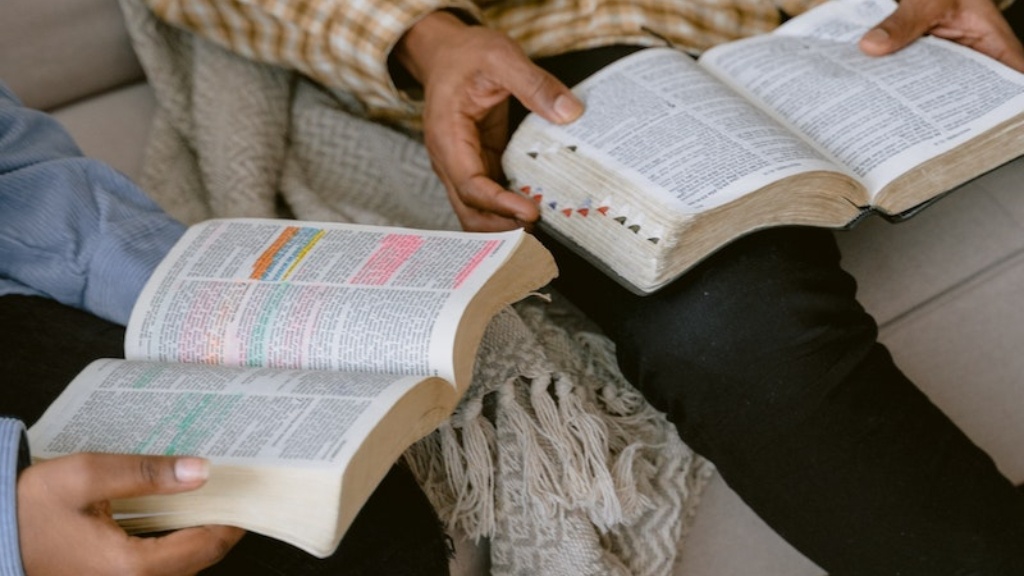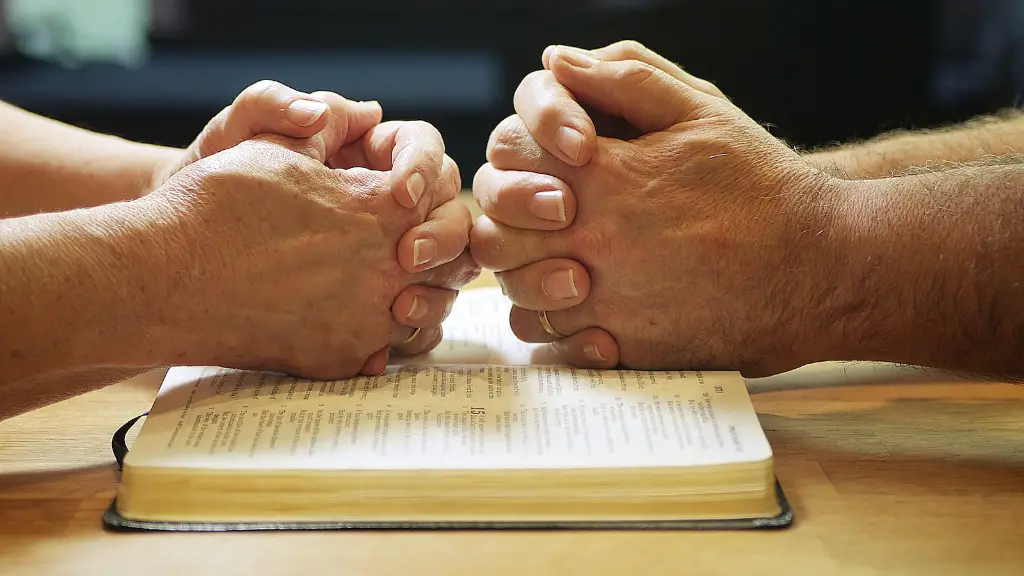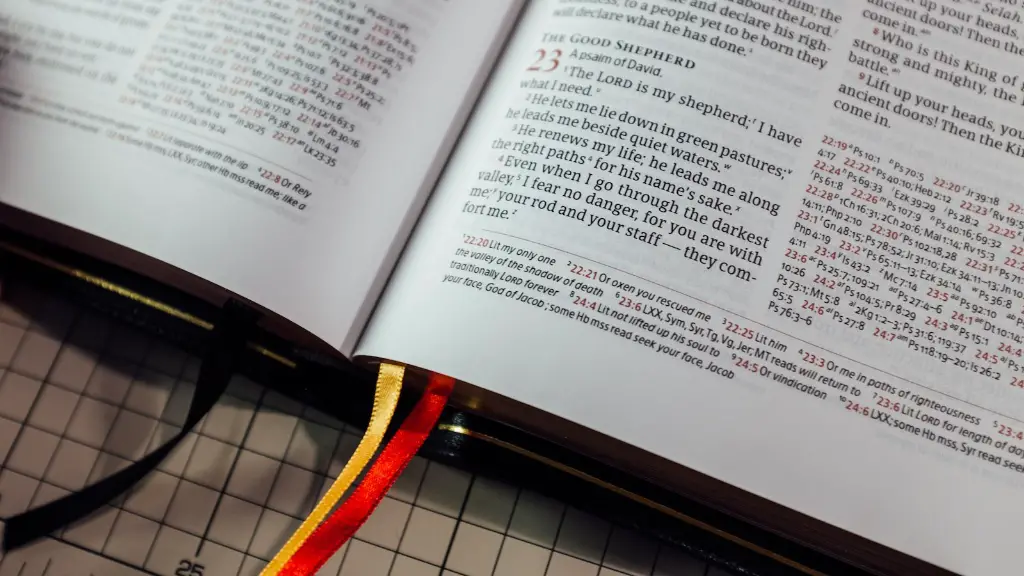Symbolism
The dove, or pigeon, is a hardy bird with a long association in spiritual symbolism in many religions and cultures. In Christianity, the dove has become strongly associated with the Holy Spirit, specifically with the descent of the Holy Spirit upon Jesus during his baptism. To this day, a dove is often featured in Christian art to represent the Holy Spirit. This is why the dove has become so closely identified with the biblical idea of peace.
In the Old and New Testaments, the dove appears in many different contexts. In Genesis 8, a dove is released by Noah after the flood, the dove returning with an olive branch. This scene is commonly retold in art because it represents the hopeful re-birth of the world after the watery chaos.
In the New Testament, a dove was the form the Holy Spirit took when it descended upon Jesus at his baptism in the river Jordan, according to Matthew 3:16. This passage reads, “And when Jesus was baptized, immediately he went up from the water, and behold, the heavens were opened to him, and he saw the Spirit of God descending like a dove and coming to rest on him.”
In this context, the dove is symbolic of the renewal of Christ’s mission as well as the invitation to be part of it. It also indicates how the Holy Spirit moves and works with power yet with gentleness, using such a peaceful and unassuming bird.
Peace
Generally, the dove is the symbol of peace, love and the soul. In both art and literature, doves are often pictured next to the Virgin Mary, representing the divine spirit of hope and peace that accompanies the heavenly mother. Similarly, the dove is an enduring Christian symbol for peace and serenity, a representation of free spirit. Representations of the dove with an olive branch also often appear in Christian iconography and in symbols of the peace movement.
The olive branch is a powerful symbol of peace, derived from the Creation story in Genesis 8 when the dove returned to Noah with a leaf from an olive tree to indicate the end of the flood. This sign of peace has been referred to several times in the Bible, with the phrase “peace offering” most notably appears in Leviticus. To this day, the olive branch is widely acknowledged as a symbol of peace in many cultures.
The dove has an association with peace in mythological of the Phoenician god of love, Eros. He was often depicted with a dove, which was taken to be a token of the gods’ desire to bring peace and reconciliation to the world.
Religious Significance
In Judaism and Christianity, doves have long been seen as symbols of purity. Doves were considered relatively clean animals as to not be under certain dietary types like certain birds are and could be used for certain purposes in rituals and offerings. In the Talmud, doves were even seen as the favoured animal for sacrificial offerings.
Doves are also commonly used in wedding ceremonies. The tradition originated from the biblical story from the Song of Solomon 2:14, wherein the beloved’s voice is compared to that of a dove. The dove has come to symbolize the passage into a new life and the celebration of true love.
In the Christian religion, a dove is also a symbol of the Holy Spirit and can appear in Christian art and hierarchy. As one of the symbols used to represent the Holy Spirit, doves appear on church windows, frescoes and scripters, as in the Bible, the Holy Spirit descended upon Jesus in the form of a dove during his baptism.
Symbol of Freedom
The dove has strong connotations with freedom and liberation. This is because, unlike many other birds, the dove is a migratory bird and does not stay in one place for long. This is why it has come to symbolise a desire for freedom, for example in the expression “a little bird told me” to describe a secret form of knowledge.
The dove is also used to represent hope and renewal. This is because the dove is seen as a symbol of new beginnings – due to its association with Noah’s Ark in the Bible – and freedom – due to its migratory nature. The dove has significance in both Christianity and the wider world because of these ideas.
The dove is also a symbol of truth, because it was sometimes used as a messenger in ancient times. This is why the dove is now seen as an emblematic representation of truthfulness. So, when we hear the expression “true as a dove”, it is usually accompanied by an idea of clarity and sincerity.
Empathy
There is also a strong aspect of empathy associated with the dove. The dove is a compassionate creature who looks after its young, and this idea is mirrored in the lyrics of some of the most beautiful pieces of music. This is why the dove has become a symbol of caring and protection.
In some cultures, doves represent motherhood because of this. According to Christian doctrine, Mary is referred to as a dove because she provides unconditional love and protection for her children, like a dove does for its young. Here, the dove becomes a powerful symbol representing the bounty of maternal love.
Symbol of Sacrifice
The dove also has significance in terms of sacrifice. In the Old Testament, doves were used in various religious rituals and offerings, such as sacrifices to atone for sins. The dove also appears as a symbol of sacrifice in both the Old and New Testaments of the Bible.
For example, in the book of Ezekiel, a dove is used to symbolise the sacrificial offering of a young woman, who acts as a representation of the House of Israel. The dove here becomes a symbol of sacrifice and devotion, a sign of spiritual redemption.
The dove is also a traditional symbol of peace in many cultures around the world, a representation of both new beginnings and of spiritual renewal. Here, the dove signifies the peace that follows after a period of turmoil.
Conclusion
In conclusion, the dove is a powerful biblical symbol with a long history in many religions. Its implications are strong and varied. From an emblem of the Holy Spirit to that of peace, freedom, hope and motherly love, the dove has come to represent a range of different spiritual beliefs. Ultimately, the dove has become a symbol of the divine in both Christian and secular contexts, with its profound implications being timeless and universal.
